It can feel, at times, like there's a new TV hitting store shelves every single week. While we can promise you that isn't the case (sadly they mostly all drop at the same time in March and/or April), it's easy to lose track of what's coming.
To help you keep tabs on all the new TVs coming in 2022, we've put together a guide of the latest and greatest new TV technology, based on what we saw at CES 2022.
This year's upcoming class of high-caliber tellies includes some supremely good-looking OLEDs and QLEDs, plus one very unaffordable MicroLED and one very mysterious new QD-OLED that could take the top spot on our list of the best TVs.
What's new in TV land? Here are eight new TVs to watch in 2022.
New TVs of 2022: the best models we've seen so far
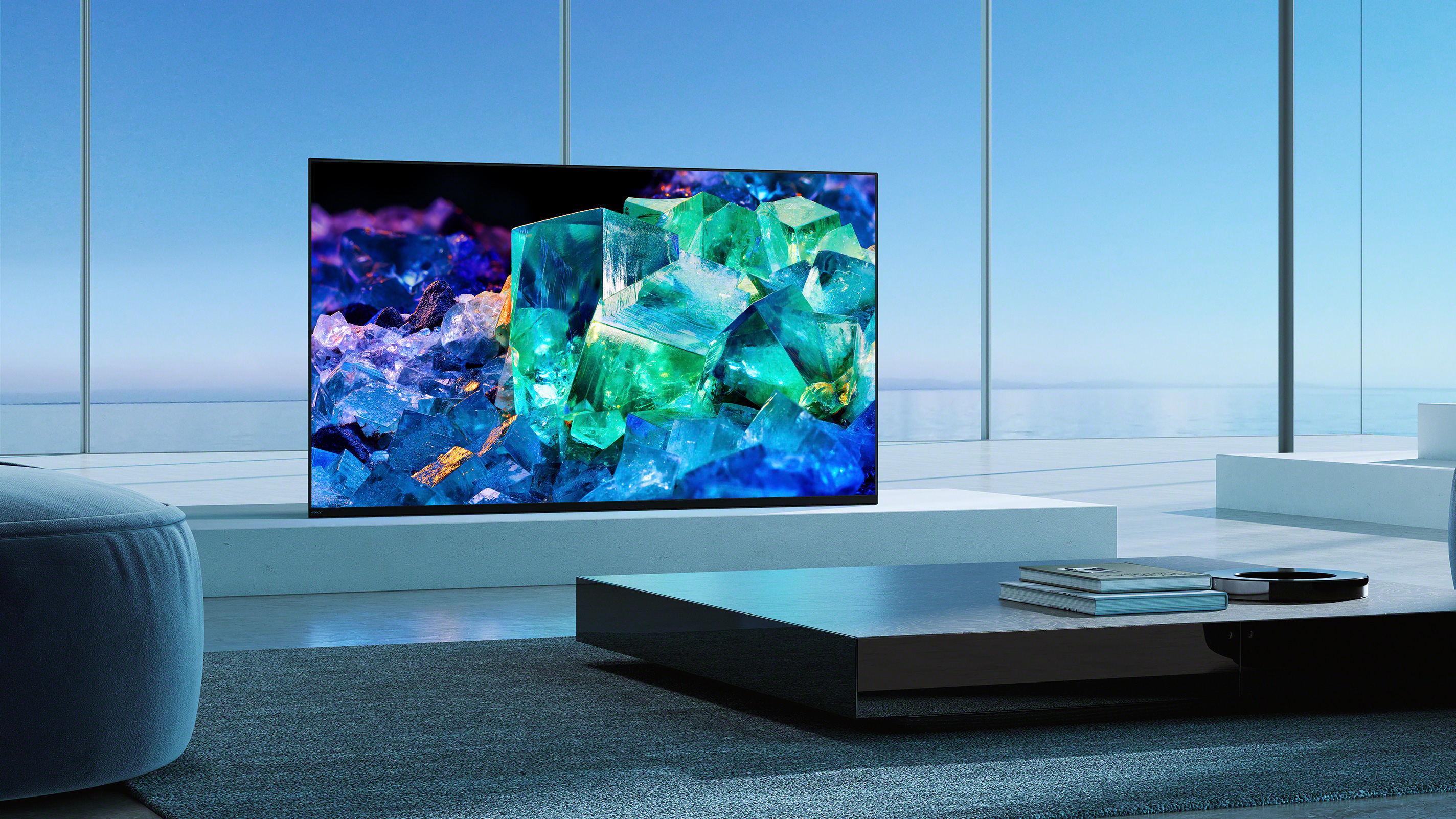
1. Sony A95K QD-OLED (XR-65A95K Master Series TV)
As far as we’re concerned, Sony unveiled one of the only truly next-generation TVs at CES in the form of the A95K QD-OLED TV. It’s the first QD-OLED unveiled by a major manufacturer, and according to the specs we saw, it will deliver everything we had wanted from the latest and greatest panel technology.
QD-OLED, for those who are just hearing about it, combines the self-emissive organic light-emitting diodes that give OLED its perfect black levels with the color saturation of quantum dots. The result is a screen that has 200% of the color saturation of a traditional LED-LCD screen, with higher peak brightness and wider viewing angles than an OLED.
We’ll still need to test it in our own homes before we can shower it with accolades, but based on everything we know about the A95K, it’s the evolution of OLED we’ve been waiting for.
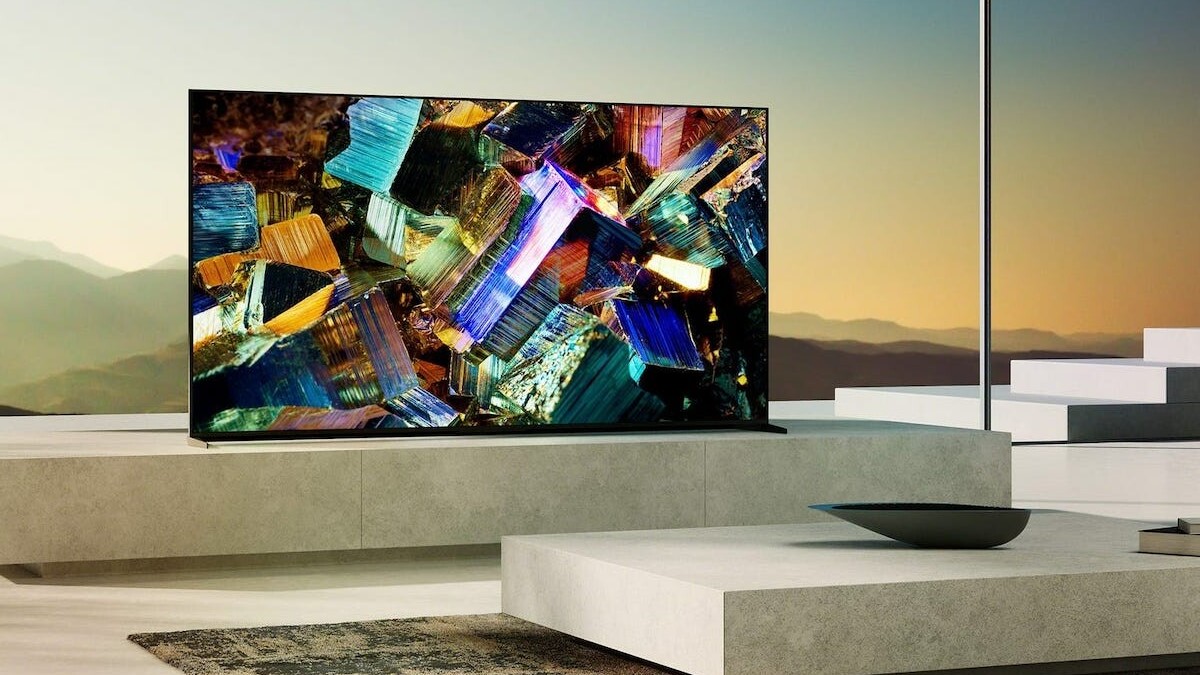
2. Sony Bravia Z9K Master Series 8K TV with mini-LED (XR-85Z9K)
There will be no shortage of mini-LED screens announced this year. Samsung and LG already announced a bevy of them, as did Hisense and TCL. Yet, of them all, we’re most excited about Sony's Z9K not simply because of its newfound mini-LED backlight or its 8K resolution, but because of the return of the incredible XR Backlight Master Drive technology.
For folks who don’t remember, the Backlight Master Drive is what made the Sony Z9D Master Series TV one of the best TVs of the decade, and now it’s coming to a mini-LED model with an absolute boatload more contrast control zones to work with.
The result, we expect, is going to be the best backlight control of any TV in 2022 coupled with the extreme brightness of an LED-LCD TV. Add to that Sony’s exceptional work in motion processing and natural color reproduction, and Samsung could have a real fight on its hands holding down the 8K TV market.
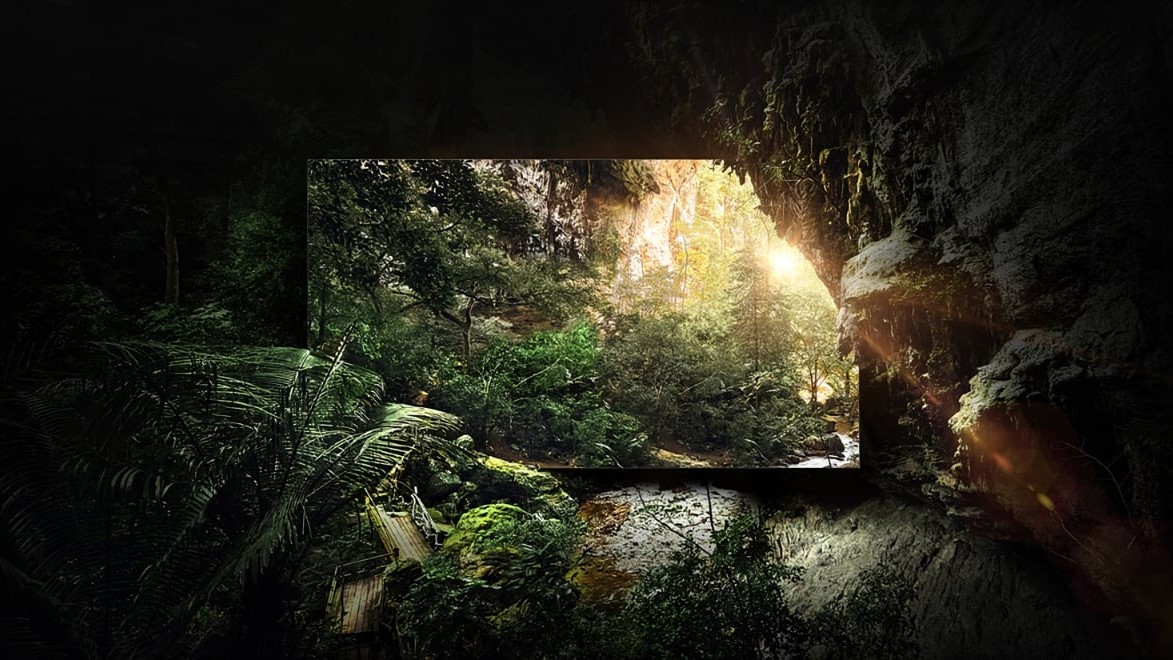
3. Samsung QN900B 8K Neo QLED TV (QN85QN900B)
While Sony is our top pick for a mini-LED, it’s not the only mini-LED vying for a top spot. One of the others is the new Samsung QN900B 8K Neo QLED TV, the successor to last year’s award-winning Samsung QN900A QLED TV, TechRadar’s top TV of 2021.
The big changes for this year are a new feature called Shape Adaptive Light Control that allows the TV to have better control over blooming and an upgrade to a 14-bit backlight for more luminance points. That might not sound that impressive, but considering just how bright this TV can get, having a few thousand more luminance points is going to help immensely.
Inside the TV are Samsung’s Neo Quantum Processor that has an Object Depth Enhancer feature that will better separate objects from the foreground and background and the updated New Home Screen UI that has a number of changes including… er, an NFT store for some reason. We could live without the last part, admittedly, but you can’t blame Samsung for wanting in on the flaming hot NFT market.
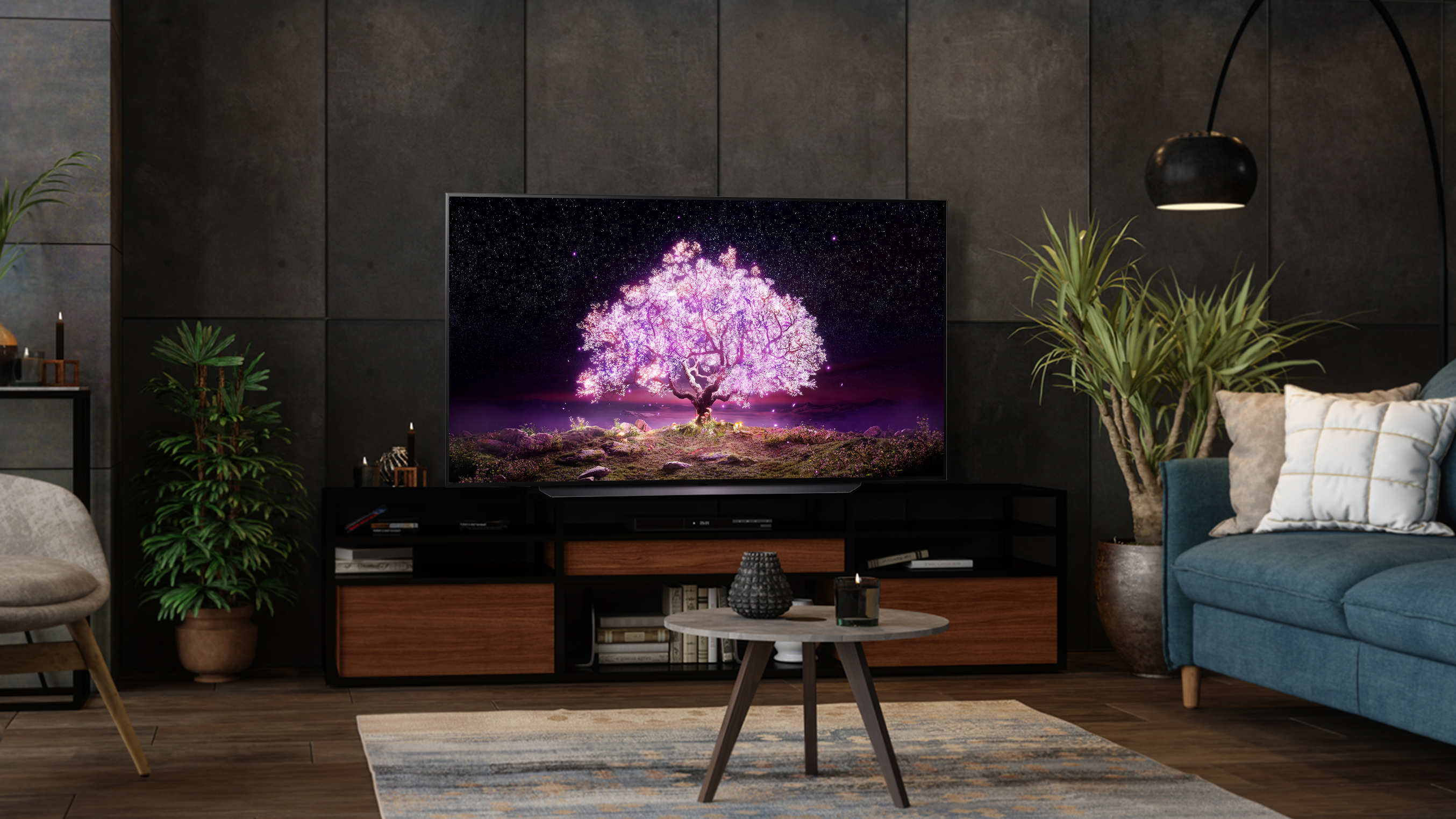
4. LG 42-inch 4K OLED TV (OLED42C2)
LG came out swinging by announcing a number of 8K and 4K OLEDs, several new QNED mini-LED TVs and even a MicroLED TV to rival Samsung earlier this year. Most of those screens will forever remain outside our budget… with the one exception being the LG 42-inch 4K OLED.
In 2022, LG is releasing its C-Series OLED in an even smaller, more affordable size. And while we had some fear that the reduction in size might mean a reduction in specs, for the most part that hasn’t been the case here. The smallest C2 OLED will still have the Alpha a9 Gen. 5 processor like its pricier siblings and support 4K/120Hz via HDMI 2.1 ports.
The only downside is that, while most of the larger C2 OLEDs will use LG’s evo OLED panels that can get a bit brighter than older OLED screens, the smallest C2 is stuck with last year’s panel. That’s not a total bummer considering the price could start at under a grand, but it has kept the desk-friendly C2 from reaching a higher spot on our list.
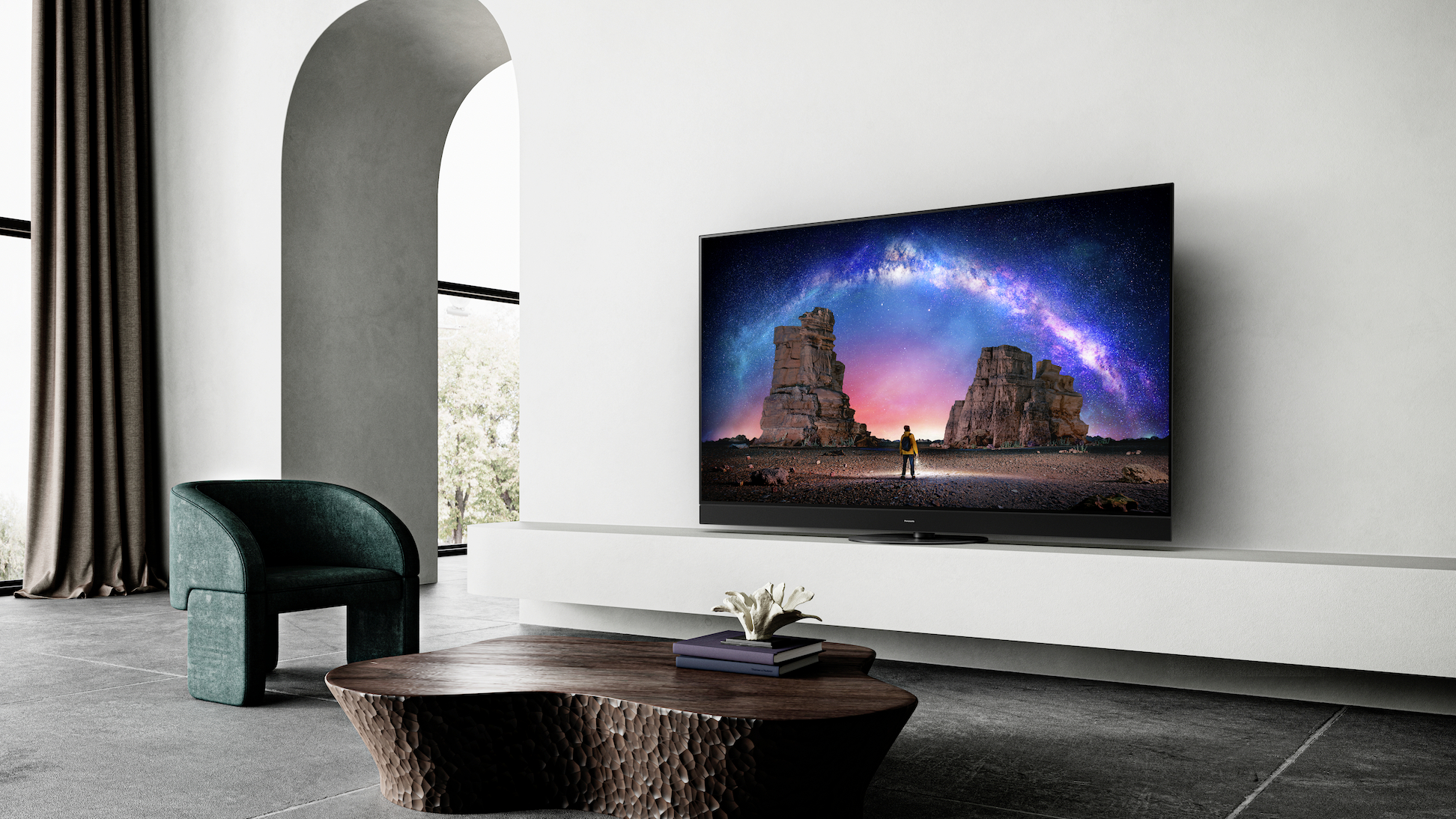
5. Panasonic LZ2000 OLED TV
While Pana didn’t roll out the red carpet for a QD-OLED or announce a new mini-LED model this year, it did announce a sound-focused OLED that will definitely win it some points with all the audiophiles out there.
The new Panasonic LZ2000 builds on the audio evolution of last year's model, which added side-firing speakers for a three-dimensional sound, along with Dolby Atmos support, a sound system tuned by Technics, and both front-firing and upward-firing drivers, to create an all-in-one home cinema system unmatched by other screens.
For the first time ever, Panasonic will be selling an OLED at 77 inches, which means the LZ2000 could very well be the home cinema screen you’ve been waiting for.

6. Samsung MicroLED TV
Samsung didn’t mince words when it announced the latest version of its MicroLED TV, calling it “the pinnacle of TV technology”.
Thanks to its 25 million micrometer-sized LEDs, that could very well be the case, but considering its predecessors’ exorbitant price tags, we’re not sure who’ll be able to afford one to take advantage of the technology.
In the hopes of creating something that the upper-middle class among us can afford, Samsung has announced three more manageable screen sizes for its 2022 models: 110, 101 and 89 inches. Unfortunately, even the smallest size is expected to cost around $80,000 making them some of the most unaffordable TVs coming to the market. They're not cheap, obviously, but at least they're more affordable than the monstrous 146-inch and 292-inch iterations we’ve seen previously.
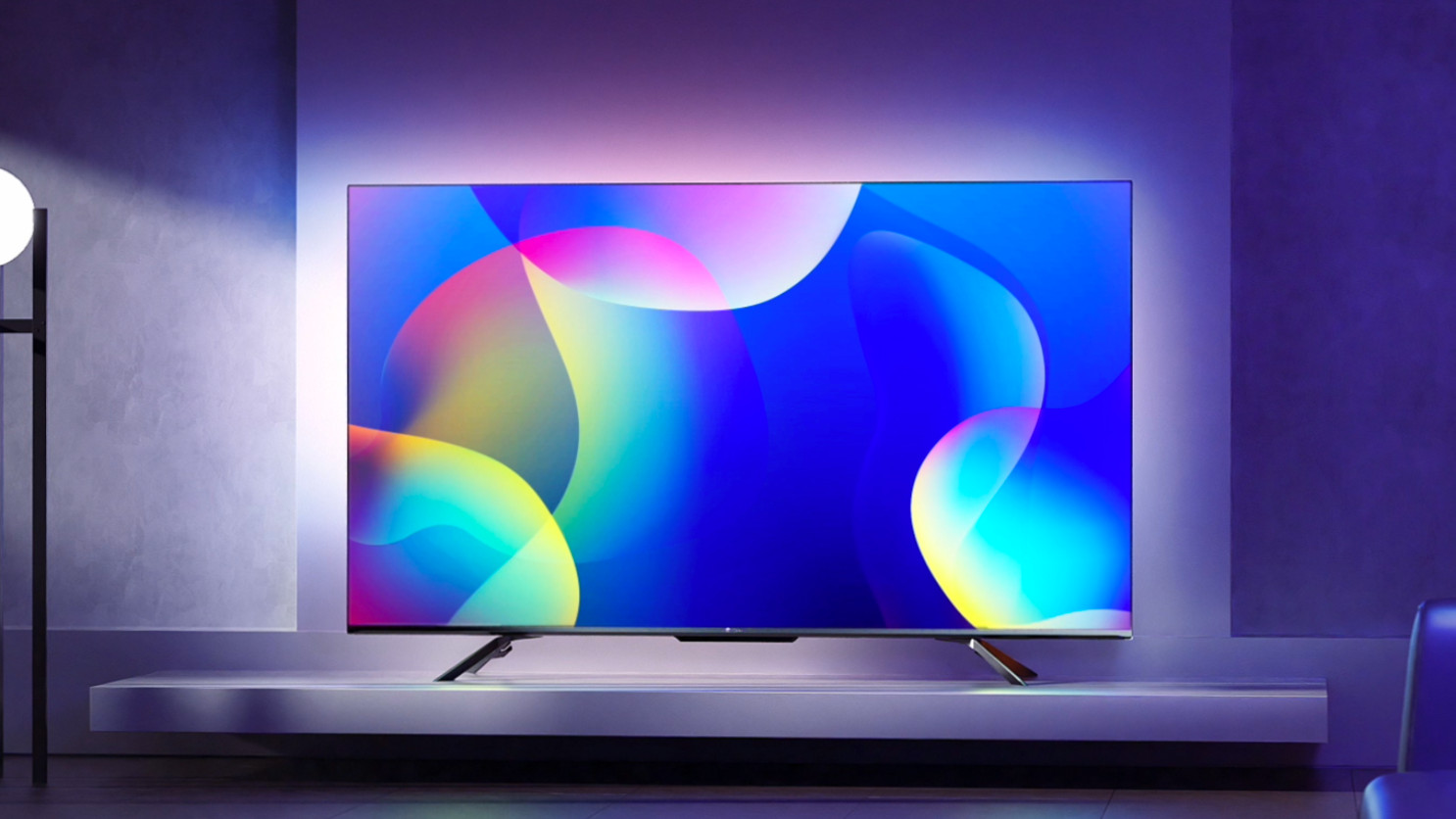
7. Hisense U7H ULED TV
It might not have a mini-LED, MicroLED or OLED panel, but Hisense’s U7H has something significantly better: an affordable sticker price.
Announced in a slew of new models from Chinese TV maker Hisense, the U7H is offering a number of fantastic features like 4K/120Hz support for game consoles like the Xbox Series X and PS5, as well as a number of cutting-edge picture technologies like the IMAX enhanced format, FilmMaker Mode, Dolby Vision IQ, HDR 10 and 10+ support, FreeSync VRR and a built-in ATSC 3.0 tuner.
It’s already looking like a phenomenal value and could easily take the crown from the TCL 6-Series as one of the best TVs under $1,000 should Hisense follow a similar pricing strategy as last year’s 55-inch U7G model that’s selling for $849 in the US.
8. LG G2 OLED and Sony A90K OLED
OK, this one is a bit weird as it’s two models from two different manufacturers, but we’re going to lump them together due to both their sheer level of performance and utter lack of innovation.
While LG and Sony would argue that their next high-end OLEDs are bursting at the seams with the latest technology, the biggest innovation in both are new processors and/or upscaling algorithms. Under the hood, both use the same panels as last year, and won’t have very many new hardware-specific features.
That being said, even if they're not packed to the brim with new technology, we’re expecting these to be great TVs as their predecessors each made our list of the best TVs of 2021. Not all TVs necessarily need to be the most cutting-edge model on the market, after all, and we don’t blame Sony or LG for not fixing something that wasn’t broken.
No comments:
Post a Comment